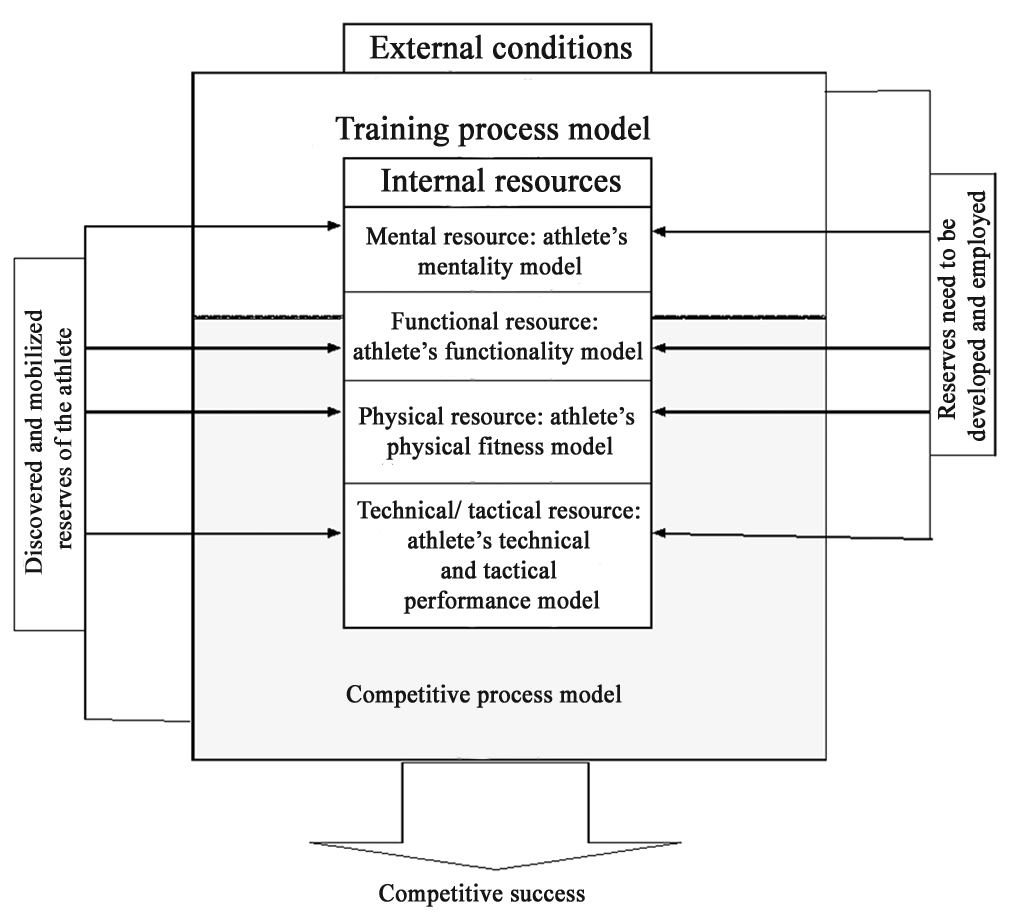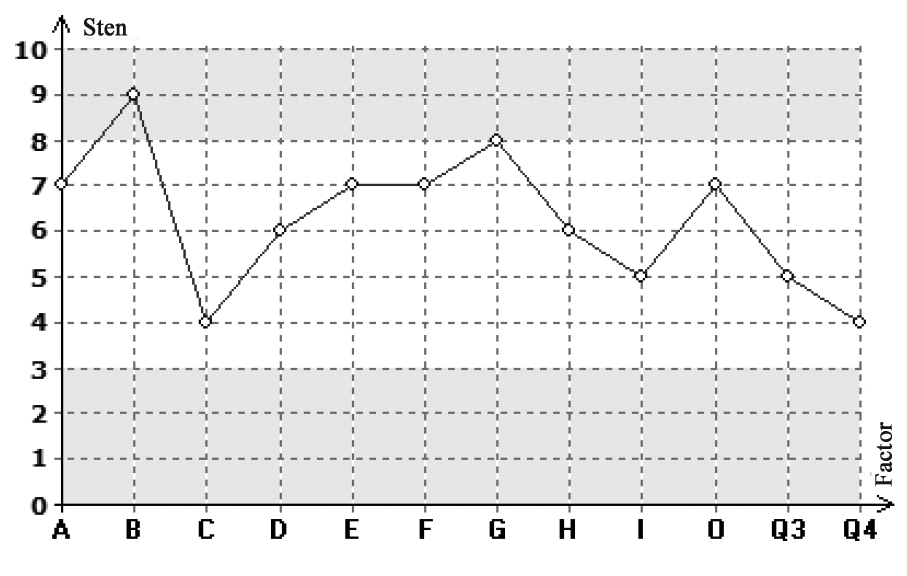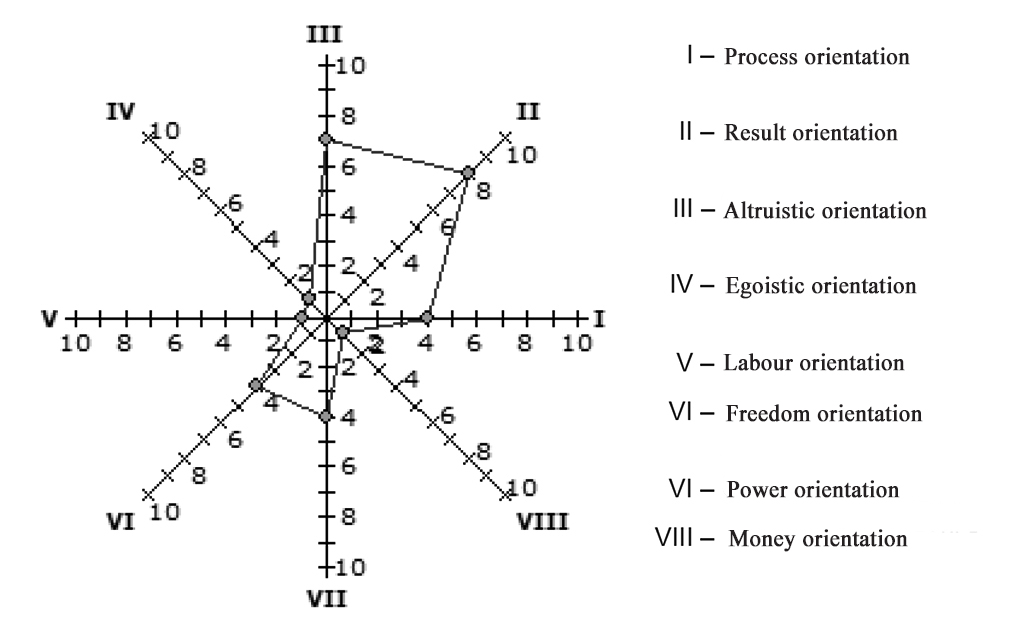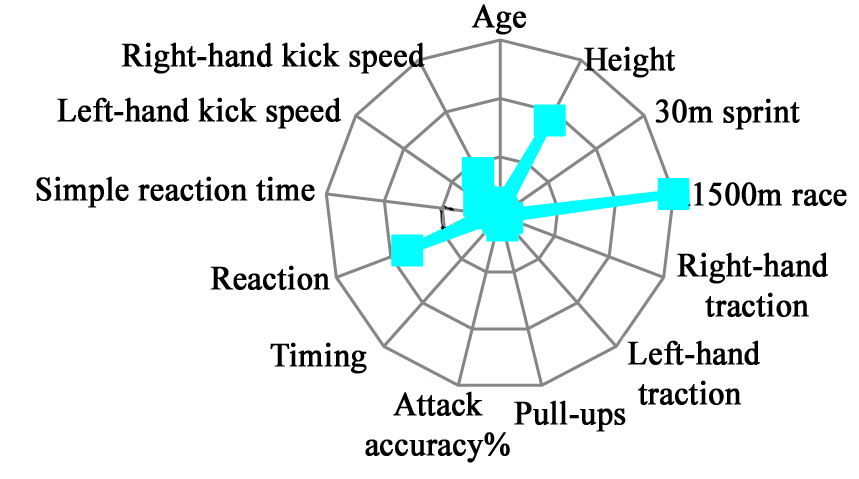Mental reserve management in competitive martial arts: case study of WKF karate
Фотографии:
ˑ:
Associate Professor, PhD D.N. Makaridin
Tyumen State University, Tyumen
Keywords: mental reserve, competitive activity, karate sport, athlete’s model characteristics.
Background. Modern karate is ranked among the most extreme sports associated with high risks of injuries, with both the beginners and experienced competitors in different international events being highly exposed to the risks.
Competitive karate is known to be of influence on the athletes’ mental development process in some aspects, and at the same time the challenges of the sport discipline require from the athletes developing a variety of the sport-specific qualities and skills, and this requirement is typical for some other sports too [1]. Knowing the above, the coaches and trainer-instructors understand the need for the mental specifics of the competitive karate masters being duly studied to have a basis for setting specific goals and selecting due mental conditioning methods to cultivate the qualities and functions of principal importance for the competitive success.
It should be noted that for the whole history of the sport science both the theoreticians and practitioners have been addressing the challenges and barriers in different components of the athletic training process (physical, functional, technical, tactical, theoretical training etc.). However, the mental conditioning problems have always been ranked among the most challenging, and even now the training component is still in need of comprehensive practical substantiations for the sport theory and practices [1].
It is the specifics of the training and competitive process that determine the fitness and performance standards of a sport subject (athlete). The karateka’s performance and tactics largely depend on the opponent’s skills and actions and the conditions and designs of the competitive process that contribute to the athlete’s sport mastery excelling process. Therefore, due priority in the studies is to be given to the key traits and specifics of the athletes’ personality to identify and mobilize the mental reserves for the athletic performance improvement and prudently design the mental conditioning process. It is the mental reserve that, in our opinion, is pivotal for the whole internal resource of a karate competitor (see Figure 1).

Figure 1. Karateka’s resource structure
Figure 1 shows the dialectic correlation of the karateka’s internal resources (composed of mental, functional, physical, technical and tactical resources) with the external conditions that force the internal resource being discovered, developed and employed. These external resources are dominated by the competitive and training processes, with the athlete’s resource management being driven by the competitive and training process design to attain the best possible competitive success. This model gives the means to organize and harmonize the process actions to attain the competitive success.
The proposed approach is indispensable in the training process design, forecast and improvement in martial arts on the whole and competitive karate in particular as it makes it possible to standardize the practical approaches to the martial art research including the studies of the educational technologies applicable in the training and competitive processes.
It is mental aspect that is commonly known to be one of the key factors for success in any sport, and every athlete must take persistent efforts to develop his/her own mental resource in addition to the technical and tactical skills and physical qualities and endurance [2].
It is through the athletic activity that different mental qualities are manifested and developed, including the intellectual qualities to secure due quality of the decisions made by the athlete; psychomotor qualities pivotal for the quality of motor skills and actions; emotional qualities fuelling the performance energy; volitional qualities giving the means to overcome barriers in the athletic career; and ethical qualities forming a basis for motivations and values in the sport career. It is a set of the relevant mental qualities important for the sport discipline (karate) that secures the training and competitive process success and ensures the drawbacks coming up in the sport career being duly corrected. Therefore, a mental reserve of a karate competitor is to be considered the pivotal element in the athletic performance control process.
Objective of the study was to develop and theoretically substantiate a mental reserve management model in application to elite masters of karate, the model being applicable in pre-season and regular season.
Methods and structure of the study. The study of the elite athletes’ mental reserve specifics was designed to explore (a) personality qualities; (b) intellectual capacities; and (c) psychomotor abilities of the athletes. The psychological state rating data were obtained using Effecton Studio 2006 computerized test system.
Study results and discussion. The study data and analyses showed the following:
- The personality qualities of the subject karate masters directly dependent on their gifts show how good the athletes are in grasping the causes and effects of the process and how interested they are in what is behind the phenomena and people’s actions. Some athletes may be easily bored by routine activities; some are prone to dominate and normally strive to control the process they are engaged in. They may be inclined to games with ideas; and prone to fantasies and imagination as found by the Renzulli Scales Test of the behavioural aspects of their personal gifts.
- Based on the test data obtained by the Cattel’s 16 Personality Factor Questionnaire (16 PF) (Figure 2) we found good levels of verbal intelligence in the subject athletes including such functions as communication; specific/ general factors selectivity; fluency in logical and mathematical operations; new knowledge digesting ability; high responsibility; purposefulness; good faith; and accuracy.

Figure 2. Cattel’s 16 Personality Factor Questionnaire (16 PF) data of Y.Y. Kalashnikov, International Class Master of Sport
- The Strelau Temperament Inventory test data were interpreted as indicative of the high excitation processes, with the nervous system being capable to stand long and frequently repeated excitations. The athletes were found capable of efficient performance in the situations claiming high-intensity actions. The study also found the high strength of the inhibition processes, with the athletes being highly capable of limiting themselves under prohibitions. The nervous process was found highly volatile i.e. the athletes showed good ability to reset facing new situations and prepared to face and interact with new phenomena and things.
- The Spielberger-Hanin State-Trait Anxiety Inventory (STAI) tests showed the athletes’ anxiety levels being modest.
- Tests of the social and mental settings in the motivations-and-needs domain (Figure 3) showed the karatekas being averagely focused on the process. Normally the people with the average focusing ability are prone to think over their path to success being notably more dependable than the others. They are known to be focused on success in their activity regardless of the distractions, barriers and failures in the process. They are highly oriented on altruistic behavioural models, and low on the egoism scale. The highly altruistic behavioural priorities, in our opinion, are indicative of the deep-rooted spirituality in their professional athletic careers.

Figure 3. Social and mental settings in the motivations-and-needs domain, test data of Y.Y. Kalashnikov, International Class Master of Sport
- Psychomotor quality test data obtained by “House”, “Precise Time Office”, “Fishing”, “Tiger”, “Duel”, “Cab”, “Stuntman”, “Woodpecker”, “Vigilance”, “Hunting” and other tests showed high and average development levels of the relevant qualities in the elite karate competitors.
The above psychomotor quality test data of the elite karate competitors are closely connected with the model characteristics of the physical, technical and tactical skills of the athletes given hereunder as they are applied as model/reference points in the karate master training and excelling process. The modern karate training process is often designed with consideration for the model performance rates demonstrated by the best karate master(s).
It is traditional for the modern WKF karate and some other sport disciplines to systemically test the best athletes and obtain the reference performance data to design the process models. The best athlete’s model rates provides reference points to manage the karate masters’ training processes at different stages to ensure the planned fitness rates and competitive success being attained [3].
These model characteristics may also be applied as tools and footholds in the karate training systems. Given hereunder as a graphical illustration of the above aggregate model of the best karate masters of Russia are the A.V. Potapov’s (the strongest Russian heavyweight karateka) model characteristics (Figure 4).

Figure 4. Model characteristics of A.V. Potapov, the 2005 strongest Russian heavyweight karateka
Conclusion. The study results show the benefits of the internal mental and functional reserves of the athletes being explored and mobilized, with due account of the individual traits and the reserve control potential.
References
- Grigoryants I.A. Psikhologicheskie rezervy sportivnogo masterstva (Psychological reserves of sport skills) / I.A. Grigoryants // Teoriya i praktika fiz. kultury. – 2003. – # 7. – P. 21-24.
- Kitaeva M.V. Psikhologiya pobedy v sporte (Psychology of winning in sport): study guide / M.V. Kitaeva. – Rostov-on/D.: Fenix, 2006. – 208 p.
- Makaridin D.N. Model'nye kharakteristiki sil'neyshikh sportsmenov v karate WKF v svyazi s problemoy sportivnogo otbora (Model characteristics of the strongest athletes in WKF karate in connection with problem of sport qualification) / D.N. Makaridin // Teoriya i praktika fiz. kultury. – 2006. – # 7. – P. 36-37.
- Zagvyazinskiy V.I. Obshchaya panorama pedagogicheskogo issledovaniya po problemam fizicheskoy kul'tury i sporta (Pedagogical research in physical education and sport: Overview) / V.I. Zagvyazinskiy, I.V. Manzheley // Teoriya i praktika fiz. kultury. – 2016. – # 3. – P. 3–5.
- Soloshenko N.B. Mekhanizmy realizatsii upravlencheskikh resheniy po sovershenstvovaniyu uchebno-trenirovochnogo protsessa sportivnykh shkol g. Tyumen' (Management solutions implementation arrangements to improve learning and training process at Tyumen sports schools) / N.B. Soloshenko, M.V. Alekseeva, D.N. Makaridin // Teoriya i praktika fiz. kultury. – 2015. – № 12. – P. 10-12.
Corresponding author: 89222699027@mail.ru
Abstract
The article considers the issues of the mental reserve management in elite sports with karate taken for the case study. Objective of the study was to develop and theoretically substantiate a mental reserve management model in application to elite masters of karate, the model being applicable in the pre-season and regular season training cycles. The psychological state rating data were obtained using Effecton Studio 2006 computerized test system. Subject to the study were the personality traits, social and mental settings and model characteristics of the elite combat athletes. Based on the study data and analysis, importance of the internal mental reserve studies was confirmed, with a special emphasis on the individual mental traits and mental reserve management potential.




